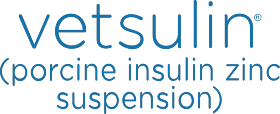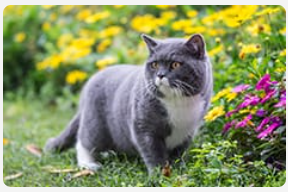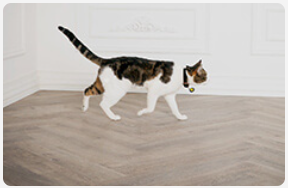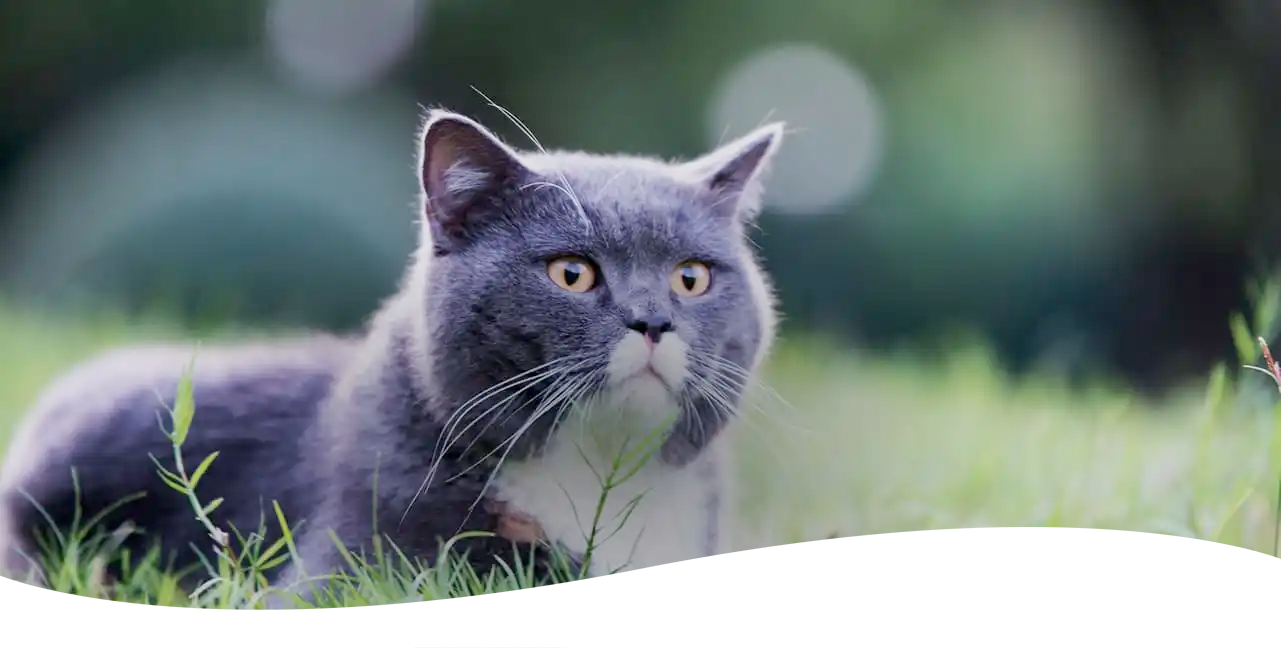
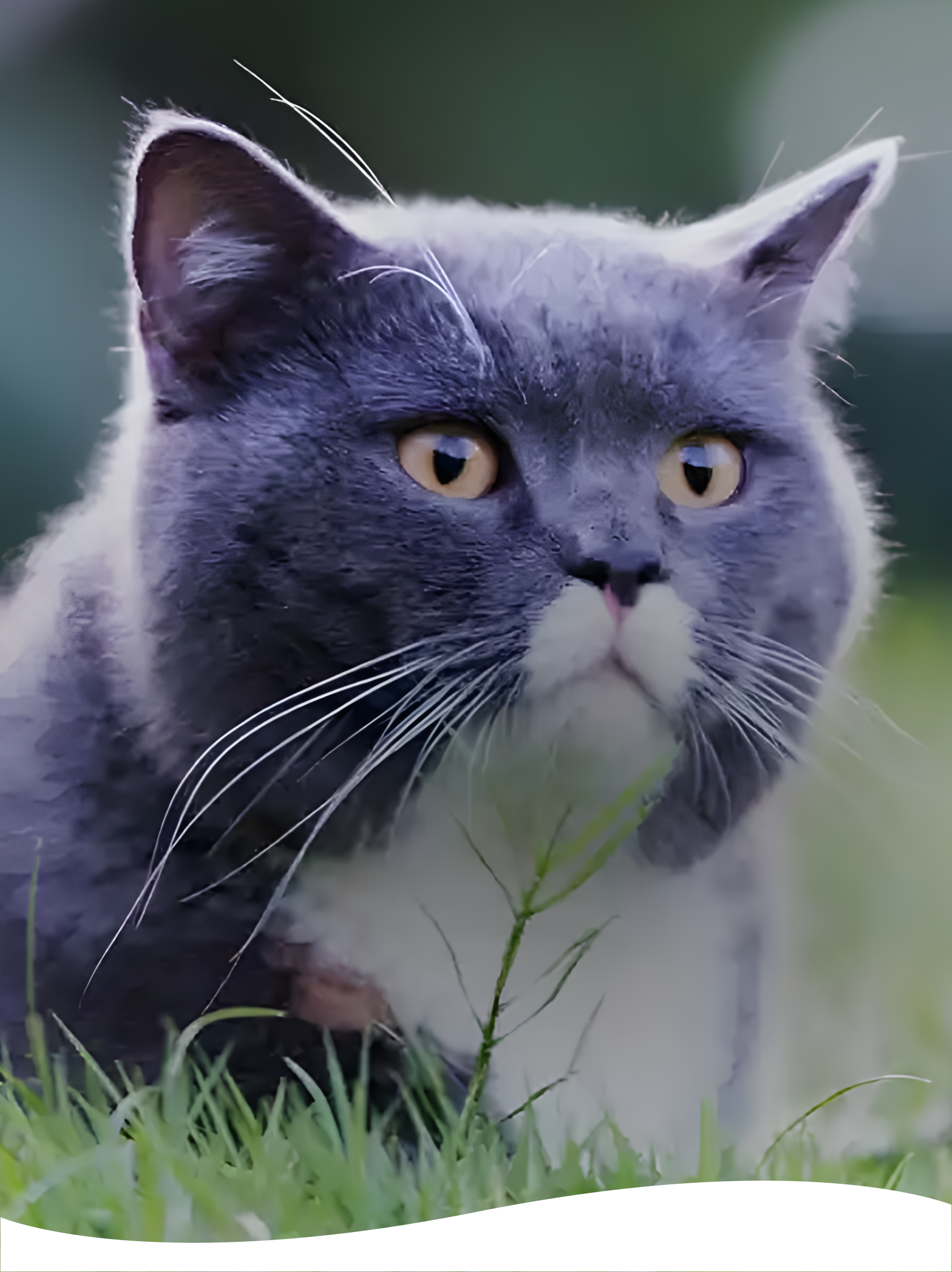
Diabetes in Cats
Nutrition for Cats
With Diabetes
Healthy Food Choices
Diet is an important part of good diabetes control. Healthy food provides nutrients while minimizing fluctuations in glucose. Good nutrition can come in various ways:
Prescription Diets – These are specially formulated for the management of cats with diabetes. They can be particularly useful for helping with weight loss. Ask your veterinarian about the best choices for your cat.
Nonprescription Diets – Diabetes can be managed on a carefully controlled program using their normal diet. It is much easier to manage these plans if a canned food with complete nutrition and correct protein source is used.
Water Consumption – Clean drinking water should be available at all times. A reduction in excessive water consumption is an indicator of successful management of diabetes.
Tips for a Healthy Diet
No matter which diet option you choose, these are the basics for diabetes control:
Consistently feed your cat the same amount of food at the same times each day to avoid unnecessary fluctuations in blood glucose. Discuss with your veterinarian if your cat prefers grazing to meal feeding.
Time feedings and insulin treatments so that glucose absorption coincides with peak action of given insulin. In general, feed half of your cat’s total daily food right before or with injections. If your cat tends to graze throughout the day, or for other specific questions regarding type, volume, timing and frequency of feedings, please consult your veterinarian.
Choose foods with a high-quality protein source that is also highly digestible (e.g., meat or eggs rather than soybean or corn gluten).
Work with your veterinarian to find the correct caloric value to help your cat achieve optimal weight.
Choose a diet that is fat-restricted and low in carbohydrates to help avoid further complications.
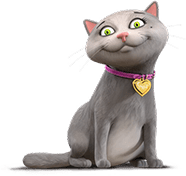
Importance of an Ideal Body Weight
Achieving your cat’s ideal body weight is best for diabetes management. Underweight cats should avoid high carbohydrates to best manage diabetes.
Overweight cats can have insulin resistance, which may lead to higher doses being required. With weight loss, you cat may develop lower insulin requirements. Your veterinarian can help you calculate the ideal body weight and food requirements if your cat needs to lose weight, as well as advise on future adjustments in insulin dosage.
Tracking Results
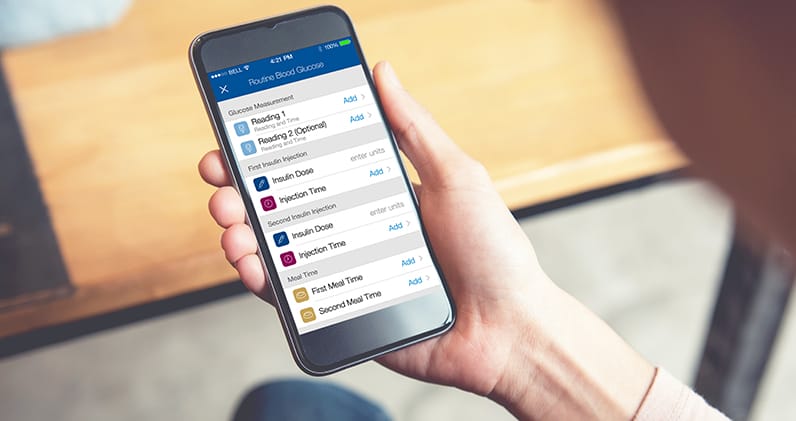
Recording your cat’s results is important to properly manage care.
Tracking Tools & Resources
- Pet Diabetes Tracker app
Review and keep important information to manage care. - Blood Glucose Curve Tool
Easily record blood glucose readings to generate a blood glucose curve. - Helpful Downloads
Additional resources to understand and manage canine diabetes.
Further Reading
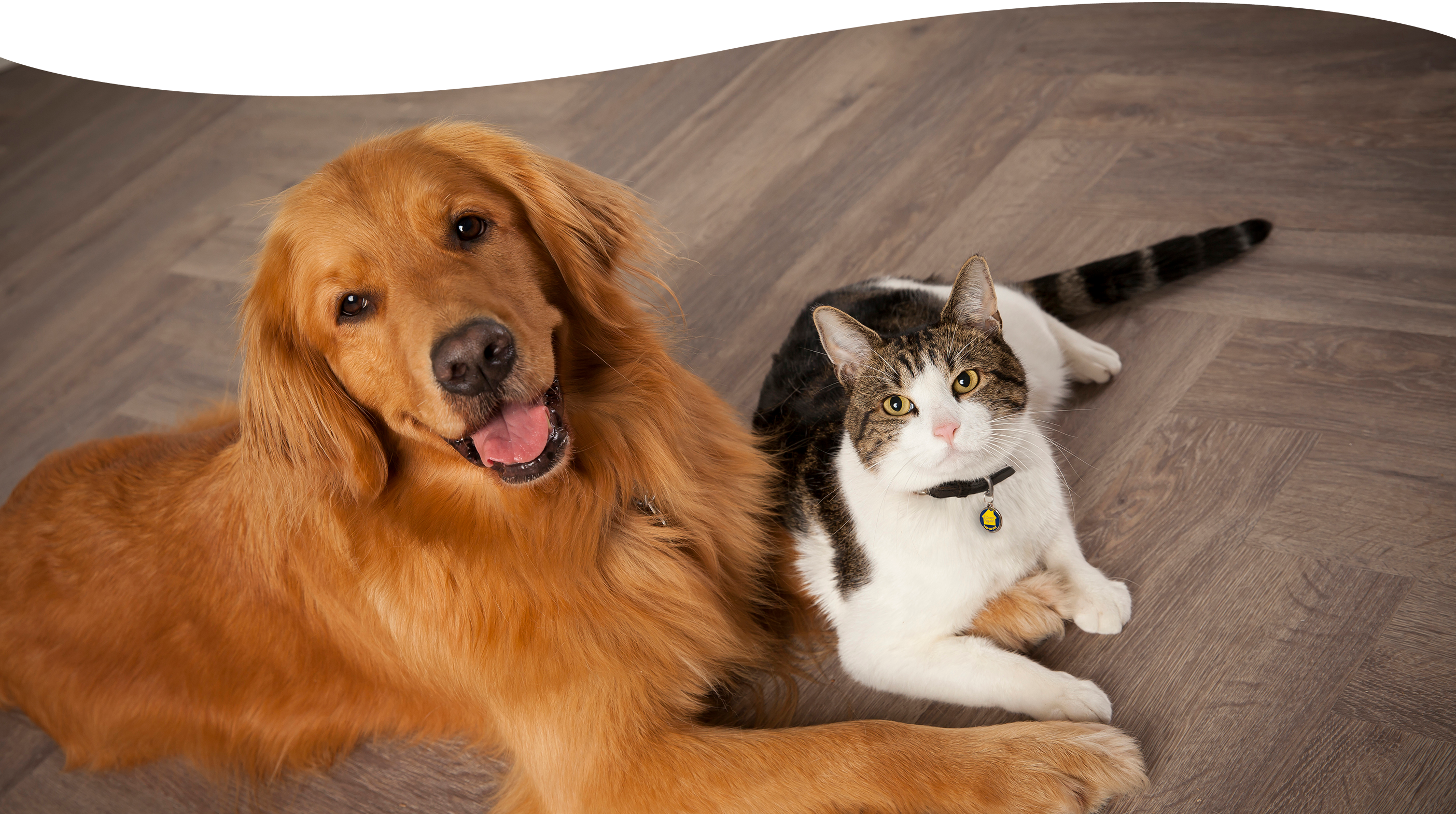

Talk to Your Vet Today
Find a veterinarian to learn more about pet diabetes, and how cats and dogs can lead a happy, healthy life with proper management.
IMPORTANT SAFETY INFORMATION:
VETSULIN® and VETPEN® are for use in animals only. Dogs and cats known to have an allergy to pork or pork products should not be treated with VETSULIN®. VETSULIN® is contraindicated during periods of hypoglycemia. Animals with severe ketoacidosis, anorexia, lethargy, and/or vomiting should be stabilized with short-acting insulin and appropriate supportive therapy before use. As with all insulin products, careful patient monitoring for hypoglycemia and hyperglycemia is essential. Overdosage can result in profound hypoglycemia and death. Progestogen and glucocorticoid use should be avoided. The safety and effectiveness of VETSULIN® in puppies, kittens, breeding, pregnant, and lactating dogs and cats has not been evaluated. Keep out of reach of children. Avoid contact with eyes. In case of contact, immediately flush eyes with copious amounts of water for at least 15 minutes. Accidental injection may cause clinical hypoglycemia. In case of accidental injection, seek medical attention immediately. Exposure to the product may induce a local or systemic allergic reaction in sensitized individuals. For complete safety information, refer to the product label.
